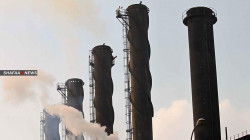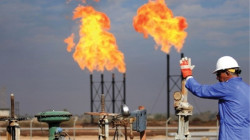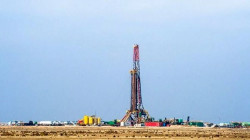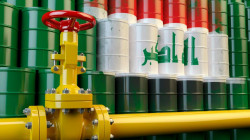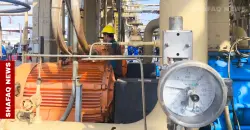Why Iraq is unlikely to fulfil rising oil demand
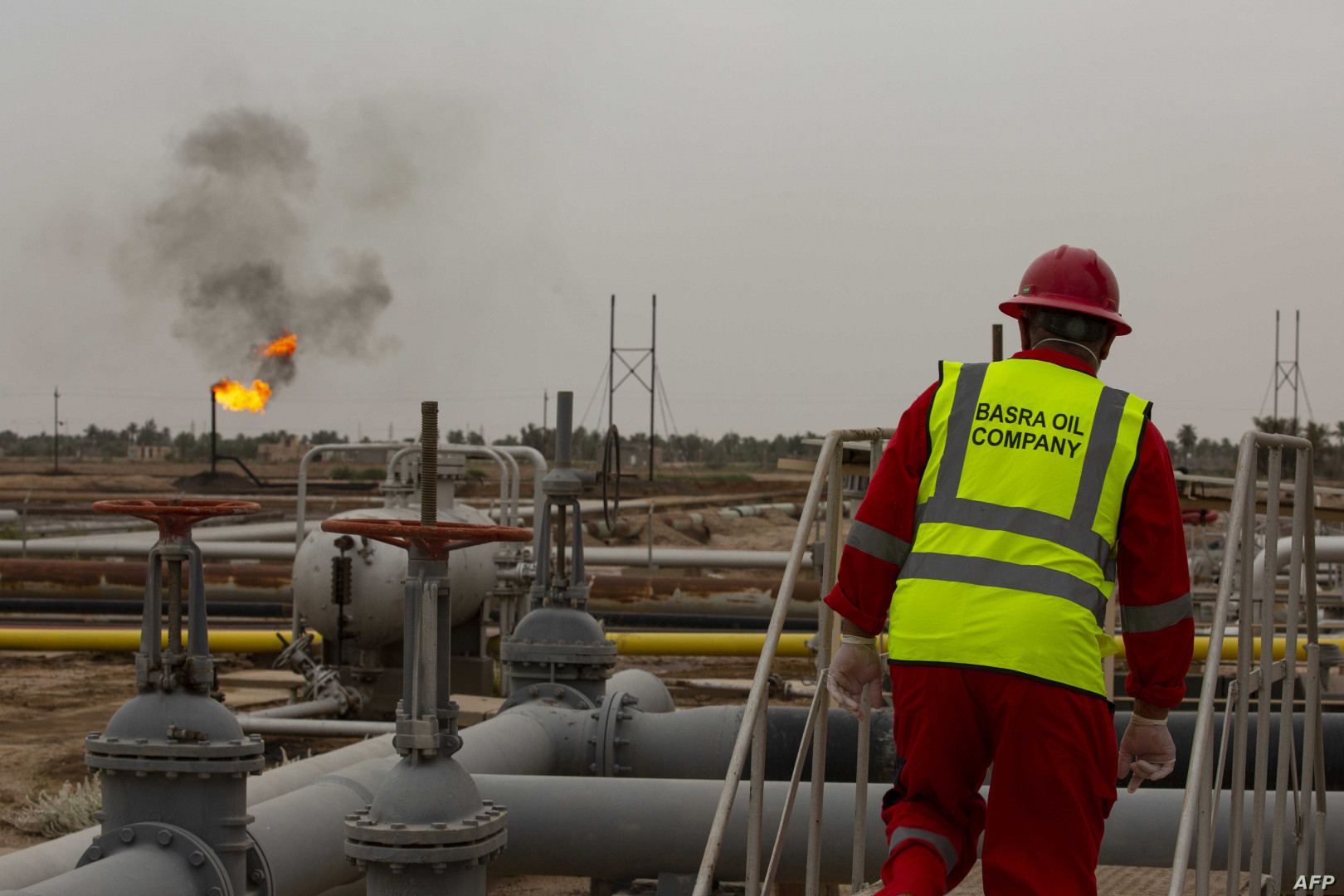
Shafaq News/ At the recent G7 in Germany, French president Emmanuel Macron was overheard expressing doubts that Saudi Arabia and the United Arab Emirates (UAE) – two of OPEC’s biggest exporters – would be able to increase their oil production in the next six months to meet growing global demand. While the comments caused a further jump in oil prices, they also beg a question: if Saudi Arabia and the UAE are unable to deliver extra barrels, who will?
For months, global oil markets have been struggling with a growing crisis. Just as oil demand had started recovering from the pandemic slump, the war in Ukraine threw markets into chaos, with quickly rising demand causing tighter supplies and rocketing prices across the world.
Global leaders have been trying to convince oil exporting countries to dig into their reserves and increase their production. Especially high hopes had been placed on Saudi Arabia, as evidenced by Joe Biden’s decision to visit the Kingdom despite having promised to ‘isolate’ the country diplomatically over its approach to human rights.
However, Macron’s comments – seemingly confirmed by the UAE – suggest that neither the UAE nor Saudi Arabia have enough spare capacity to deliver the extra barrels needed. Some analysts have even claimed that the entire OPEC system has “broken down”. Given these uncertainties, the extra demand may need to be picked up by other countries with untapped oil reserves.
Without being able to rely on Saudi Arabia or the UAE, other OPEC countries with significant oil reserves must step forward to meet global energy demands. In recent weeks, the US has started explorative talks with Venezuela or Iran, both of whom have large untapped oil reserves, but whose governments would likely demand the easing of economic sanctions in return for increased production.
Pipe Dreams
There are, however, other alternatives. Iraq, for instance, has significant capacity to extract and export oil. The country produces around 4.5 million barrels per day (bpd), but could potentially raise its total production to 6 million bpd by 2027, and according to the current oil minister, eventually to 8 million bpd.
But while expanding production would likely become a huge boon for the global oil supply, Iraq’s issues concerning corruption, political paralysis and insecurity make it an unreliable partner to secure extra oil barrels.
As well as being notoriously dysfunctional, Iraqi politics has played a decisive role in concentrating the nation’s wealth in the hands of a few politicians and bureaucrats. The corruption within the system is costing ordinary Iraqis billions and has left the state weak and unable to fully control its natural resources. Iranian-backed militias operate unchecked in large swaths of the country, regularly attacking oil and gas infrastructure, while unclear legislation leaves the Iraqi federal government and the Kurdish Regional government wrangling over jurisdiction of the oil fields.
International companies are also wary of doing business within Iraq due to its unpredictable business climate and high levels of corruption. Bribes are expected at every turn in the world of Iraqi business and, for those companies that manage to get a foothold in the country, illegal state intervention is unlikely to be punished by the local Iraqi authorities.
Courts with few guarantees
Indeed, it is often international or non-Iraqi courts that must pursue cases of corruption in Iraq, as evidenced by the recent case of Petrofac that was tried in the UK. Last year, a London court fined the energy company £70 million over illegal payments it made to obtain contracts in several Middle Eastern countries, including Iraq.
However, sometimes, even foreign and international courts fail to punish corruption and shady dealings in Iraq. Just last year, for instance, the International Centre for Settlement of Investment Disputes (ICSID), a tribunal that is part of the World Bank Group, refused to rule in favour Kuwaiti-based logistics company Agility in a case it brought against Iraq for arbitrarily confiscating a $380 million investment. The case, which lingered for years in the Iraqi legal system, involves the sudden expropriation of Agility’s investment in Korek, a telecom company set up in Iraqi Kurdistan.
The ICSID decision was made on the basis that the plaintiff failed to exhaust every legal avenue within Iraq before moving on to international options, despite the fact that the Iraqi legal system is notorious for its labyrinthine nature and almost never prosecuting state-sanctioned corruption. Agility also alleges arbitrary detention, interrogation and threats towards their employees, as well as witnesses, on the part of the Iraqi secret police.
Such rulings contribute towards seeing corruption and arbitrary outcomes as the rules of the game in Iraq, rather than a scourge to be tackled. In the wake of the ruling, Agility claimed that foreign investors considering Iraq as their next destination “should think carefully about the perils of investing”. All this paints a sobering picture when trying to envision Iraq as a viable candidate for foreign oil companies to partner with and pick up the slack in global oil production.
The hard facts
The recent fluctuations in global oil demand, and the resulting high prices, represents a crisis and an opportunity for exporting states. With some of the world’s largest producers already at capacity, countries that can still expand production have the potential to strike it rich in this new seller’s market. Iraq, having both an important tradition in the oil business and room for growth, is uniquely positioned to take advantage of the situation and pump up their production.
But even with its advantages, familiar domestic challenges mean Iraq is unlikely to be the answer to global oil shortages. From average citizens who have to pay bribes to get by to international investors who are swindled out of hundreds of millions of dollars, Iraqi corruption is a disaster for everyone except for the people in charge. And it appears that they want to keep it that way.
Source: Econo Times
